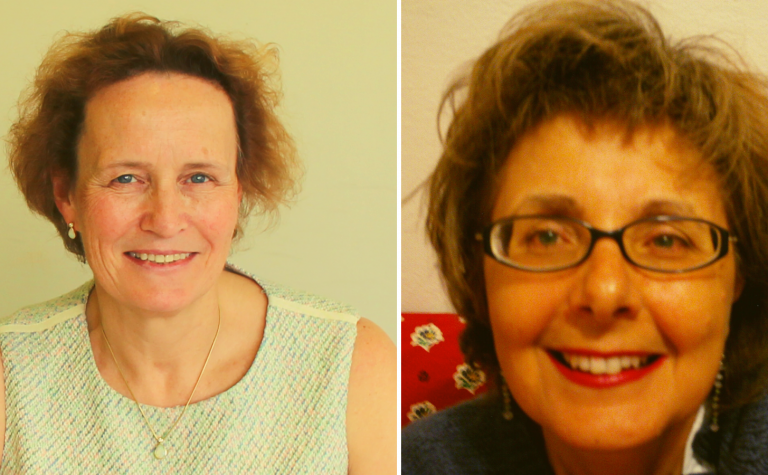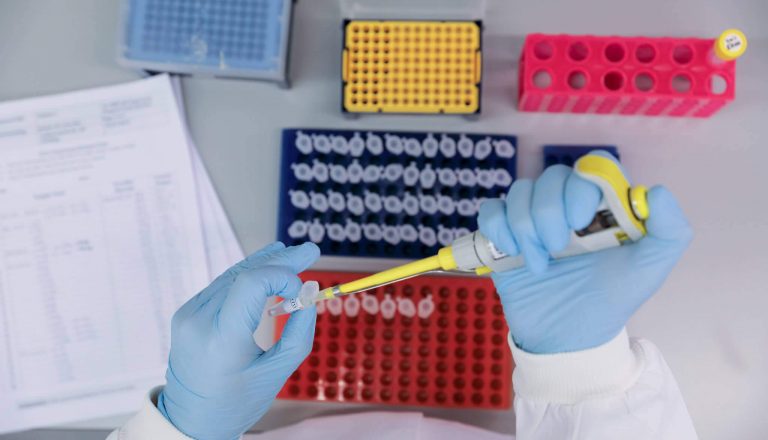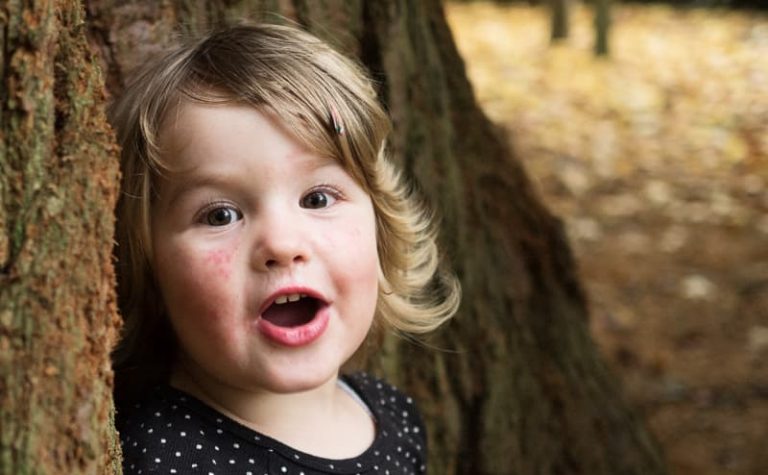About the Research Team
The project is led by a childhood cancer specialist, Prof. Kathy Pritchard-Jones, and cancer epidemiologist, Dr Gemma Gatta. They will coordinate the involvement of 40 cancer registries and clinical colleagues across Europe and further afield. The research team are international leaders in measuring survival rates for different cancers in childhood and comparing these between countries or regions. They have worked together for many years in several European projects in this area, including the European Joint Action on Rare Cancers (JARC) and the EUROCARE network and interact with the International Agency for Research on Cancer (IARC) and the European Network of Cancer Registries (ENCR). Professor Kathy Pritchard-Jones is the President of the International Society of Paediatric Oncology (SIOP) from October 2019 to October 2022, a position that will help raise awareness of this project globally to ensure its success and emphasise its importance to the WHO Global Initiative on Childhood Cancer to measure success.




 Join 2000 trekkers and venture 25km across
Join 2000 trekkers and venture 25km across